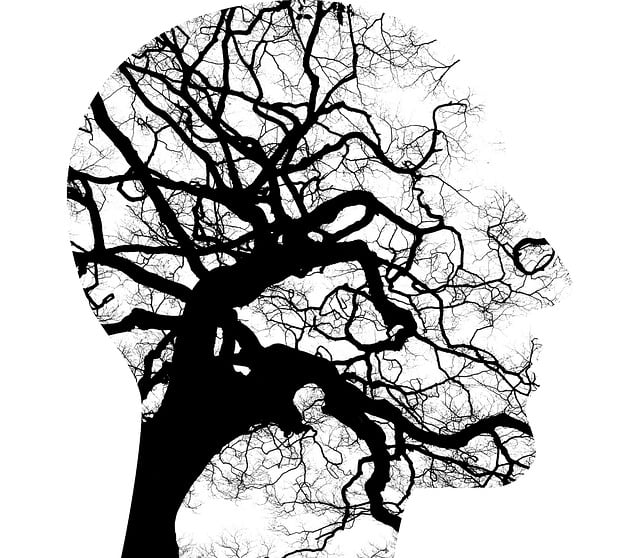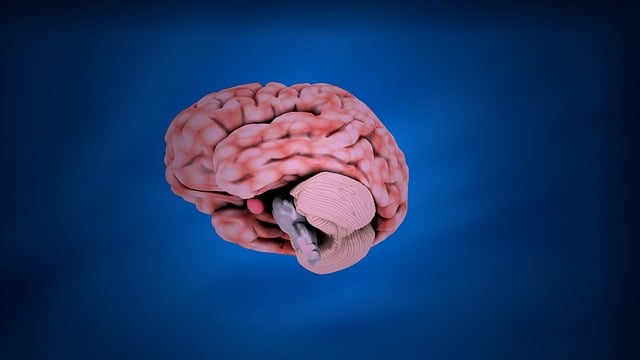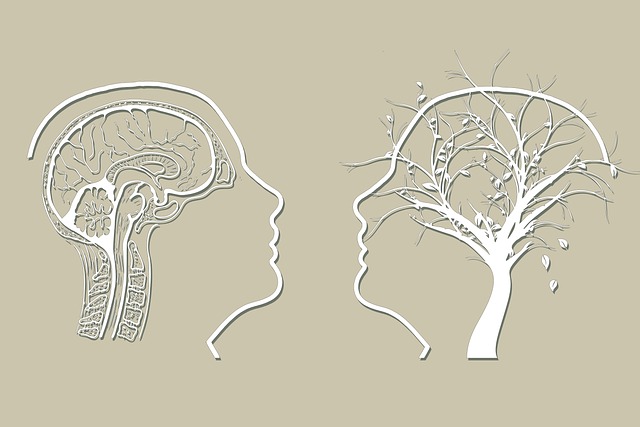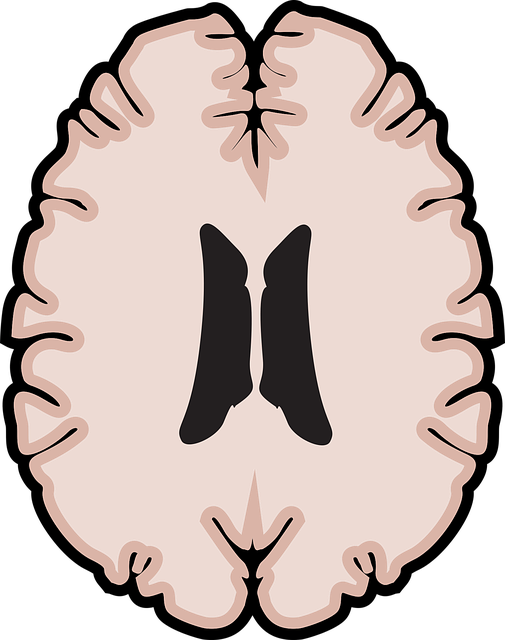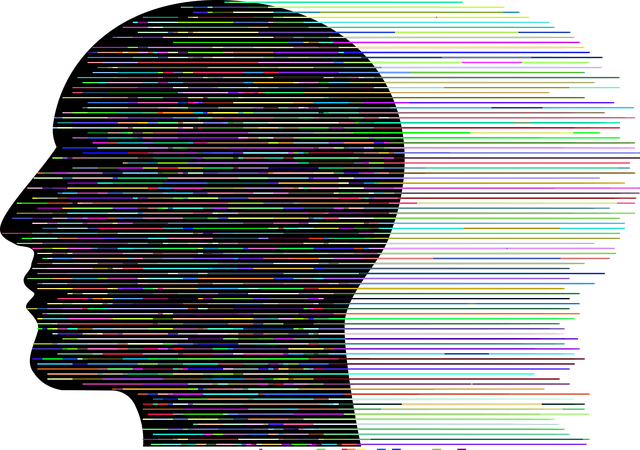Cultural sensitivity is crucial for effective Louisville Post-Traumatic Stress Disorder (PTSD) therapy, addressing diverse community needs. Understanding cultural backgrounds and beliefs allows therapists to adapt strategies, providing safe, supportive sessions. By employing empathy, culturally relevant approaches, and avoiding stereotypes, therapists help clients process trauma, reduce anxiety, and promote holistic healing tailored to their unique experiences. This approach enhances therapy outcomes, especially in Louisville's diverse population, where training programs focused on cultural competence can significantly improve treatment effectiveness. Overcoming stigma and misunderstandings fosters trust and ensures inclusive, impactful PTSD therapy for all Louisvillians.
In Louisville, a vibrant city with a diverse population, cultural sensitivity in mental healthcare is paramount, especially when addressing Post-Traumatic Stress Disorder (PTSD). This article delves into the importance of understanding cultural nuances to provide effective PTSD therapy. We explore how Louisville’s multicultural fabric influences mental health experiences and discuss barriers like stigma and misunderstandings. Through strategies tailored to this unique context, we aim to enhance access to Louisville Post-Traumatic Stress Disorder therapy that respects and embraces diverse backgrounds.
- Understanding Cultural Sensitivity in Mental Healthcare
- Louisville's Diverse Population and Post-Traumatic Stress Disorder (PTSD)
- Barriers to Care: Cultural Misunderstandings and Stigma
- Strategies for Culturally Sensitive PTSD Therapy in Louisville
Understanding Cultural Sensitivity in Mental Healthcare

Cultural sensitivity in mental healthcare refers to the ability of practitioners to understand and respect the diverse cultural backgrounds and beliefs of their clients. This is particularly crucial when addressing complex issues like Post-Traumatic Stress Disorder (PTSD) in a city such as Louisville, where a variety of ethnic and socioeconomic groups coexist. In the context of PTSD therapy, Louisville practitioners must be attuned to the unique experiences and expressions of trauma that cross cultural boundaries. For instance, what constitutes trauma and its manifestation can vary significantly between cultures, impacting the way individuals experience and communicate their distress.
By adopting empathy-building strategies and resilience-enhancing techniques tailored to individual needs, therapists can foster a safe and supportive environment for all clients. This involves actively listening to patients’ narratives without judgment, incorporating culturally relevant therapeutic approaches, and avoiding assumptions based on stereotypes or generalizations. Such sensitivity not only improves the effectiveness of therapy but also helps in providing anxiety relief and promoting holistic healing.
Louisville's Diverse Population and Post-Traumatic Stress Disorder (PTSD)

Louisville, a vibrant city known for its diverse population, presents unique challenges and opportunities when it comes to mental healthcare, particularly in addressing Post-Traumatic Stress Disorder (PTSD). The city’s tapestry is woven with various cultural threads, each bringing its own experiences and traumas. Many residents have faced complex stressors related to systemic issues, economic disparities, and community violence, all of which can contribute to PTSD.
Cultural sensitivity in mental healthcare is paramount here. Healthcare providers must be adept at navigating this diversity, ensuring that therapy and support are accessible and culturally competent. Training programs focused on building resilience and stress management workshops tailored to Louisville’s demographics can significantly impact the effectiveness of treatment. By recognizing and understanding the unique cultural context, Louisville Post-Traumatic Stress Disorder Therapy can become more inclusive and impactful, fostering a supportive environment for all individuals seeking healing.
Barriers to Care: Cultural Misunderstandings and Stigma

Cultural misunderstandings and stigma present significant barriers to care for individuals from diverse backgrounds seeking mental health services, including Louisville Post-Traumatic Stress Disorder (PTSD) Therapy. Many cultural groups hold misconceptions about mental illness, often viewing it through the lens of spiritual or supernatural causes rather than biological or psychological factors. These beliefs can lead to delays in seeking treatment or resistance to certain therapeutic approaches. For instance, some cultures may prioritize community resolutions over individual therapy, while others might associate vulnerability with weakness, hindering open communication with healthcare providers.
Stigma surrounding mental health issues further exacerbates these challenges. Within various communities, discussing emotional struggles openly is often discouraged, leading to a lack of awareness about available resources and support. This stigma can be heightened when combined with cultural taboos related to mental illness, creating a complex web of barriers that require nuanced strategies to overcome. Fostering mental health awareness and promoting emotional intelligence among both healthcare professionals and the broader community is essential in addressing these issues, ensuring culturally sensitive practices that welcome all individuals seeking support for their psychological well-being.
Strategies for Culturally Sensitive PTSD Therapy in Louisville

In Louisville, providing culturally sensitive Post-Traumatic Stress Disorder (PTSD) therapy is paramount to ensuring effective treatment and building trust within diverse communities. One key strategy involves incorporating Compassion Cultivation Practices into therapeutic sessions. By teaching clients mindfulness techniques and fostering a sense of compassion towards themselves and others, therapists can create a safe space that respects individual cultural beliefs and experiences. This approach not only enhances the therapeutic relationship but also empowers individuals to manage their PTSD symptoms in culturally affirming ways.
Additionally, Self-Care Routine Development for Better Mental Health is crucial. Encouraging clients to establish healthy routines tailored to their cultural backgrounds can significantly contribute to their overall well-being. Simple acts of self-care, when aligned with personal values and traditions, can boost resilience and confidence in managing trauma-related challenges. Therapists can guide clients in identifying culturally relevant coping mechanisms, thereby fostering a sense of empowerment and agency in navigating PTSD symptoms within their unique cultural contexts.
Cultural sensitivity is a cornerstone of effective mental healthcare, especially in diverse cities like Louisville. By recognizing and addressing cultural misunderstandings and stigma, we can significantly enhance access to Louisville post-traumatic stress disorder (PTSD) therapy. Implementing tailored strategies ensures that all individuals, regardless of their background, receive compassionate and culturally competent care. This approach not only improves treatment outcomes but also fosters a more inclusive and supportive healthcare environment for Louisville’s diverse population.


